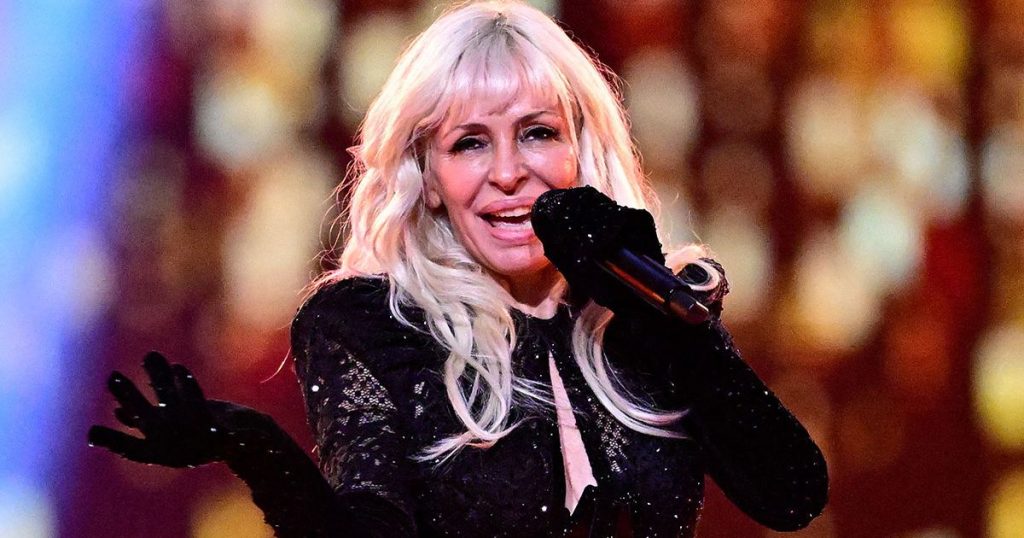Tensions are escalating at the Eurovision Song Contest in the midst of political conflicts involving the Israeli-Palestinian conflict. The participation of Israeli singer Eden Golan has caused protests and disagreements among Eurovision fans. Following her qualification for the final, pro-Palestinian protestors demonstrated in Malmö, where the final is set to take place on May 11. The Spanish delegation expressed concerns for a journalist who felt unsafe during a rehearsal, claiming intimidation by Israeli journalists. This incident led to a statement demanding respect for freedom of the press and opinion.
The controversy deepened when Dutch artist Joost Klein disappeared backstage during the flag parade and failed to perform on stage. The European Broadcasting Union is investigating the incident, leading to speculation about the safety of Eurovision contestants. At a tense press conference, Klein questioned Golan on the potential safety risks of her participation in the contest. His comment about Eurovision’s ability to unite people was met with a dismissive response, hinting at underlying tensions among participants. The Spanish delegation’s official statement supporting the intimidated journalist sheds light on the ongoing concerns backstage at the Eurovision.
The Spanish journalist’s incident highlights a growing sense of unease amongst participants and journalists covering the Eurovision Song Contest. The journalist’s public support for #FreePalestine resulted in confrontations with Israeli journalists, causing the Spanish delegation to intervene and demand respect for press freedoms. The situation echoes broader geopolitical issues surrounding the Israeli-Palestinian conflict, with protests in Malmö reflecting the sentiment of Eurovision fans. The investigation into Dutch artist Joost Klein’s disappearance adds another layer of uncertainty to the competition, sparking discussions about the safety and security of contestants.
The clash between participants and journalists at the Eurovision comes at a critical juncture for the competition as tensions rise over political controversies. With protests and confrontations taking place both on and off stage, the Eurovision Song Contest is facing challenges beyond its musical performances. The Dutch artist’s mysterious disappearance and subsequent investigation highlight the volatile nature of the event, raising questions about the safety protocols in place. As the final approaches, the Eurovision continues to navigate complex issues that go beyond the realm of music and entertainment.
The Eurovision Song Contest has become a battleground for political and social tensions, with participants and journalists caught in the crossfire of competing interests. The incident involving the Spanish journalist underscores the challenges faced by those covering the event, as geopolitical conflicts spill over into the realm of music and entertainment. As the competition unfolds, the Eurovision must address the pressing issues of safety, security, and freedom of expression to ensure a fair and inclusive environment for all participants. The ongoing controversies at the Eurovision signal a broader struggle for representation and respect in the face of complex global challenges.
In the midst of escalating tensions at the Eurovision Song Contest, the clash between participants, journalists, and protestors reflects a wider discord in the international community. The Spanish journalist’s experience highlights the risks involved in covering a high-profile event under political scrutiny. As the Eurovision grapples with security concerns and calls for press freedom, the competition serves as a microcosm of larger global conflicts. The challenges faced by participants and journalists at the Eurovision underscore the need for open dialogue, respect, and understanding in navigating complex geopolitical issues on an international stage.


